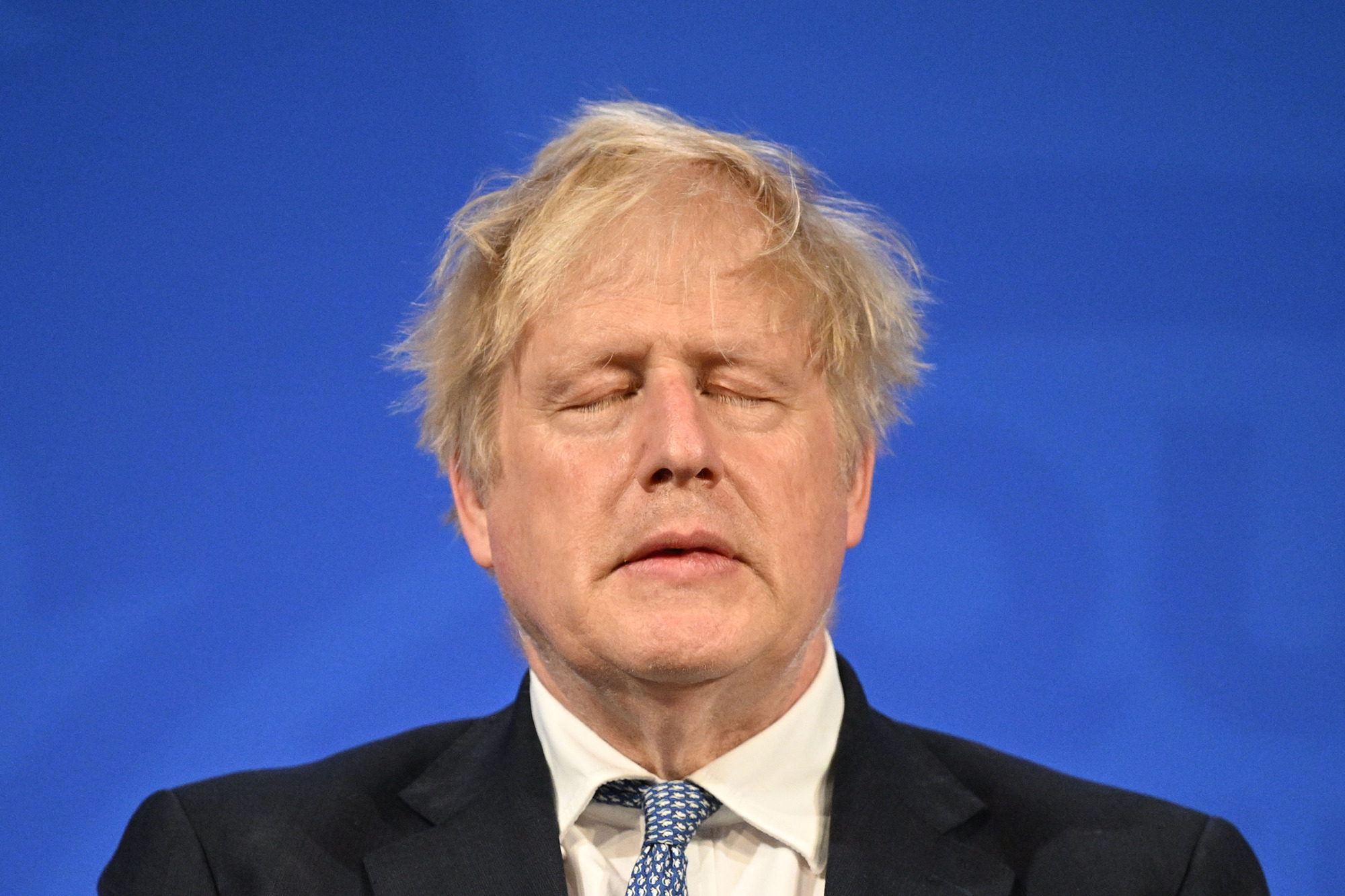Boris Johnson is fuming. The target of his anger is the Government’s plan to phase in a complete ban on smoking. If it gets through Parliament, it will be illegal to ever sell a cigarette to anyone born after 2008. The idea is to create the first “smoke-free generation”.
As is the case with adults, smoking among 11-15 year olds is in steep decline anyway — and so ministers, prompted by the public health lobby, see their chance to end this habit once and for all.
Not everybody shares that ambition. Speaking at a conservative event in Canada this week, Johnson described the policy as “absolutely nuts”. The “party of Winston Churchill” now wants to ban cigars, he complains. Like Liz Truss, he believes this to be unbecoming of a Tory government.
And yet, of the last three prime ministers, who is really out of touch with public sentiment? For once, it isn’t Rishi Sunak. According to polling from More in Common, 64% of Britons support the phased ban with 22% opposed. Among people who voted Conservative in 2019, the verdict is an even more emphatic 71% versus 20%.
The uncomfortable truth for Johnson and Truss is that British voters love banning things. For instance, this week the WWF is trumpeting an Ipsos survey showing that 86% of Britons favour a prohibition on single-use plastics such as “shopping bags, cutlery, cups and plates”. That’s rather higher than the 73% of Americans who thought the same.
A starker transatlantic contrast was on show during the pandemic. Whereas lockdowns and mask mandates were polarising issues in the US — pitting anxious liberals against defiant conservatives — Deltapoll found that British voters of all persuasions were strongly in favour of the strictest measures, including some, like vaccine passports, that went well beyond the Government position.
Or take civil liberties more generally. According to YouGov, more of us support than oppose policies such as compulsory ID cards, CCTV in all public spaces and a national database of every citizen’s DNA. Significantly, these measures are more popular among Conservative voters than Labourites, and more so among Leavers than Remainers.
So, as it turns out, the silent majority isn’t who you think it is — quite the opposite, in fact. Unlike our professional “conservatives”, the public understands that civilisation is in large part a history of banning things. If it weren’t, we’d still be standing knee-deep in sewage while watching bear-baiting for entertainment.
As poll after poll confirms, there’s an authoritarian tendency in the British electorate that our politicians are unwilling to represent. The fear is that, eventually, someone will scratch that unsatisfied itch — and dig a little too deep.











Join the discussion
Join like minded readers that support our journalism by becoming a paid subscriber
To join the discussion in the comments, become a paid subscriber.
Join like minded readers that support our journalism, read unlimited articles and enjoy other subscriber-only benefits.
Subscribe